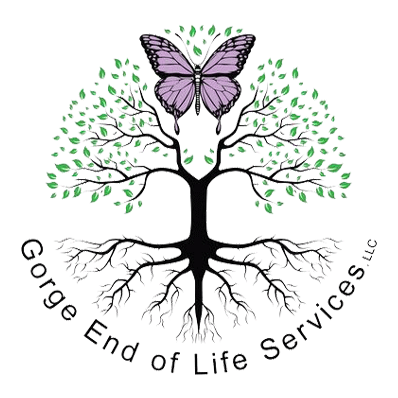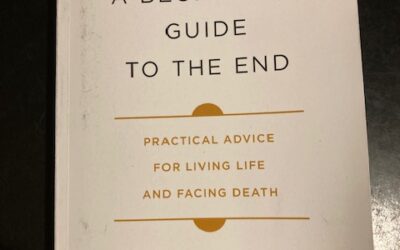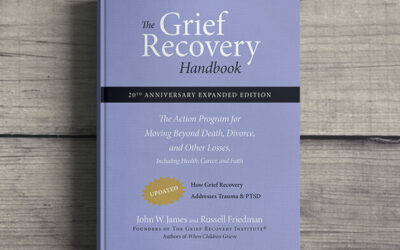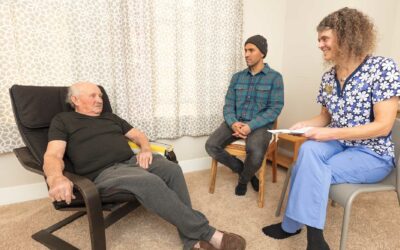The information shared here are my personal and professional suggestions as a Respecting Choices® certified Advance Care Planning Facilitator. They are provided for educational and informational purposes only and do not provide medical or treatment advice and are not a substitute or replacement for advice from a mental health or medical professional.
A few years ago, I got a call from my brother that our dad had been admitted to the ICU due to severe bleeding inside his brain. I recounted many conversations my dad and I had over the years about his medical wishes – he didn’t want any “heroics” done to keep him alive when he no longer had quality of life.
We had a family conference with the ICU doctor. We looked at my dads advance directive and it stated he didn’t want any life prolonging measures. The doctor confirmed my dad would not recover. We honored his wishes and he was taken off the ventilator and died peacefully.
This was incredibly hard and sad – and I thanked him many times that we knew what his wishes were. I cannot even imagine how much harder it would have been if we would have had to guess or would have disagreed on our guesses.
I consider talking about your medical wishes and preferences and filling out an Advance Directive a gift to yourself and your loved ones:
If you cannot speak for yourself, your medical wishes are known and can be honored and your loved ones do not have to guess.
Who “should” have an advance directive?
Anyone, 18 years or older, who can make their own medical decisions.
In the US, only about one third of all adults have an Advance Directive!
In the unfortunate event of an illness or injury, the Advance Directive communicates your medical wishes, when you are not able to do so. For example, a car accident can happen to anybody at any age. You designate a healthcare agent (also called: durable medical power of attorney, health care proxy or health care surrogate) who will follow your wishes.
You can obtain your state specific Advance Directive Form in medical offices and facilities, as well as online.
Consider talking to your medical team, clergy as well as loved ones, as part of your process to fill out your Advance Directive.
After you fill it out, you either sign it in front of a notary or in front of two qualified witnesses. You should give it to all your medical providers, your health care agent/s, as well as trusted friends and relatives.
There is also a Dementia Directive (dementia-directive.org), it is recommended individuals 65 and older consider filling one out.
Anyone can fill out their Advance Directive without using facilitation services. However, for many people this is a delicate, emotional, and sometimes confusing topic which often doesn’t make it to the top of their to-do list.
It involves thinking and talking about medical choices which are not always easily understood, like CPR and help with breathing. During a facilitated Zoom session, the individual and their health care agent explore experiences, goals, values, and beliefs together. Facilitation services have been shown to increase the follow through and finalization of Advance Directives.
Do you have an Advance Directive?




